Advantages of dry season in Nigeria
A commonly-spread stereotype is that a large part of the Nigerian population hates the dry season more compared to the rainy one. But is that really true? And if you’re one of the people that share this belief, have you considered the advantages that the dry season offers you? If you would like to learn the benefits of dry season in Nigeria, continue reading below!
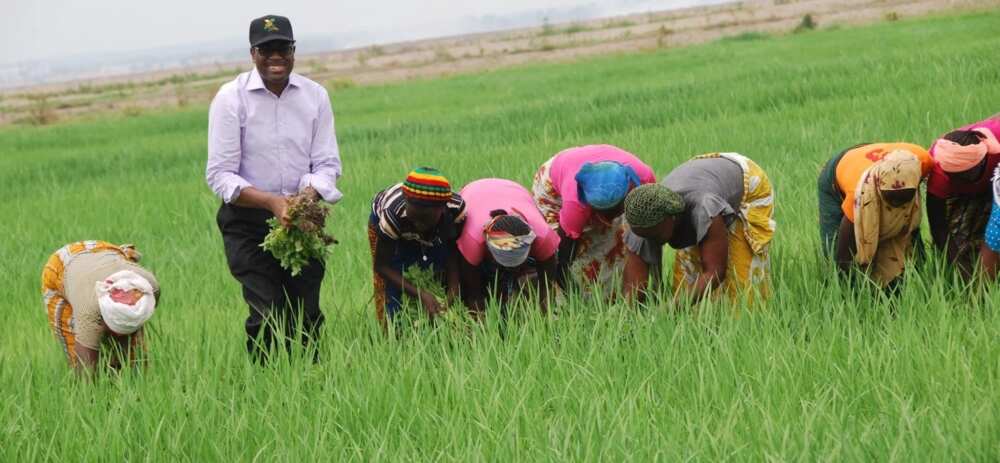
Dry season in Nigeria
It’s common knowledge that Nigeria, like a lot of other African countries, has two primary seasons – the dry season and its rainy counterpart. The drought period is a special aspect of the Nigerian climate. From a scientific point of view, the dry season is a result of North-East winds overtaking the northern part of Nigeria, and sometimes covering the entire territory of the country. Thus, the rainless season begins in the North, moves slightly to the East and then rolls down south.
The dry season is also famous for its high temperatures. Most years see the thermometers peaking at up to 43 degrees Celsius in June. Current trends show that the dry season is increasing in length. There’s also an interesting dynamic concerning the rainless periods. The 5-day dry spells are becoming rarer, while the drought periods of 10 or even more days are starting to be more common. Is such a change good or bad? Only time will tell. But one thing is certain - Northern Nigeria is becoming drier as the years go by.
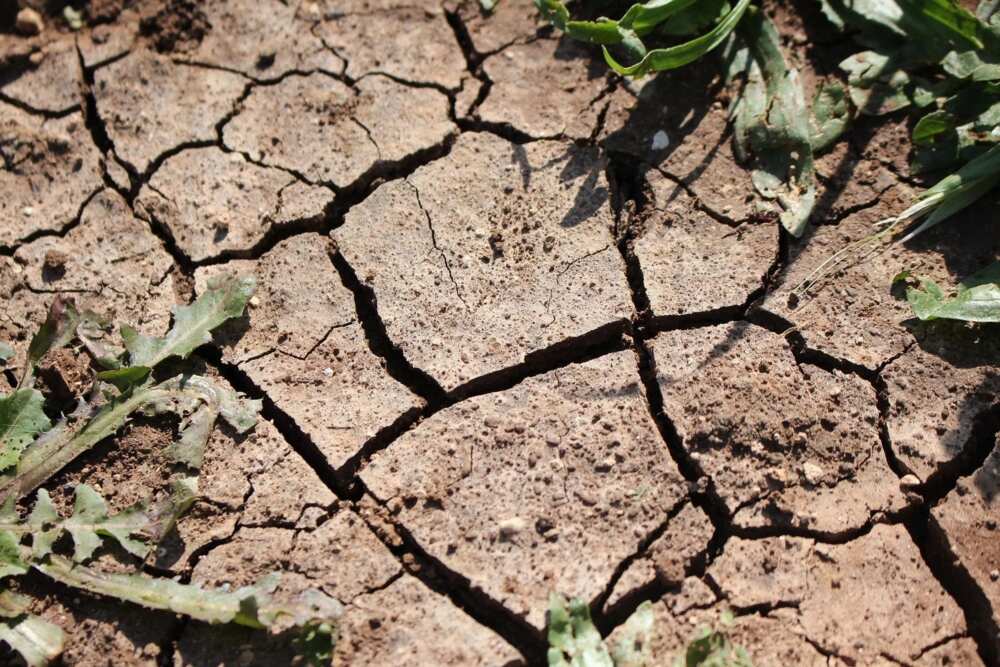
Logically, the dry season is associated with a number of challenges. Numerous wells and shallow rivers are left without even a trace of water. As a result, people and animals suffer from severe dehydration. Once upon a time, this problem was a true catastrophe, as civilization progresses, humanity found new ways to make water available. Hopefully, in the next few decades, Nigeria will find a way to get rid of this burden entirely.
Advantage of dry season
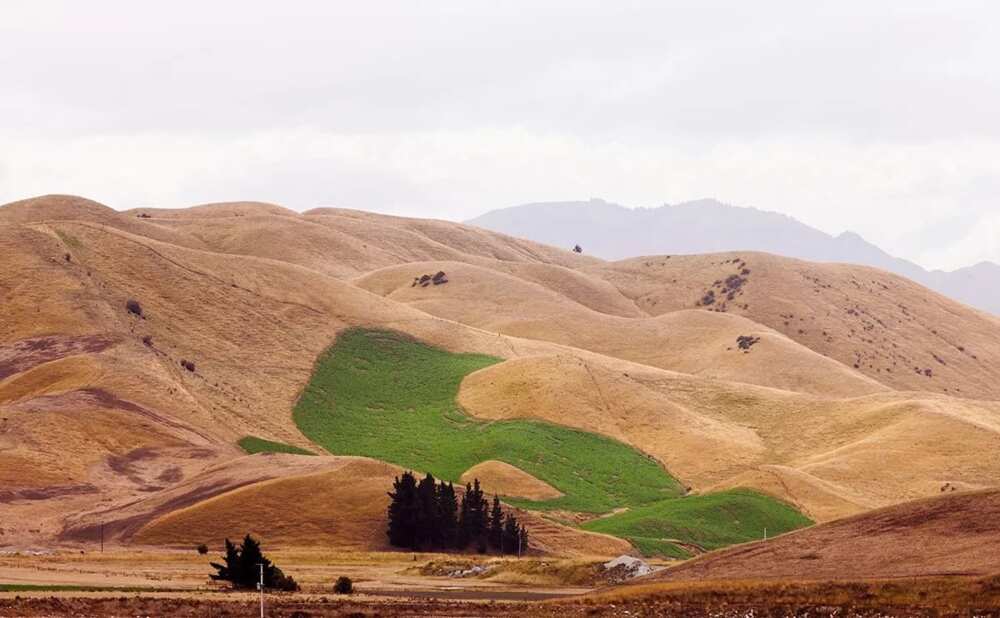
READ ALSO: What is national development for Nigeria?
The information provided in the previous paragraph may sound a bit depressing. But do you remember the old saying – “Beauty is in the eye of the beholder”? Same goes for the Nigerian seasons as well. If you focus on the bad aspects of the dry season, it’s going to sound like the worst time of the year. But what about all the good things that come with it? Considering how many problems the rainy season has, it’s almost a blessing when it’s over.
Let’s talk about all the advantages of dry season in Nigeria:
- Dry Farming
As the drought period begins, now is the time to start farming. Just for this reason alone, you can already say that the dry season is better than rainy season. This aspect is so significant that we’ll talk about it more below.
- No more flooding!

As decades go by, flooding is becoming more and more of a serious issue in Nigeria. People that live around the Niger and Benue rivers spend each year praying that the rainy season is merciful to them.
- Spending time outside
Nigerians aren’t the kind of people that are content with sitting at home for hours on end. And during the “wet” part of the year, the choice is often to either get soaked outside or to be stuck at home. During the dry season, this dilemma disappears.
- Fewer diseases
With the rains gone, our immune system strengthens. Thus, Nigerians suffer far less from malaria and other sicknesses. Malaria is mostly spread through mosquitoes, and in the dry season, their number decreases by half.
- Time for outside celebrations
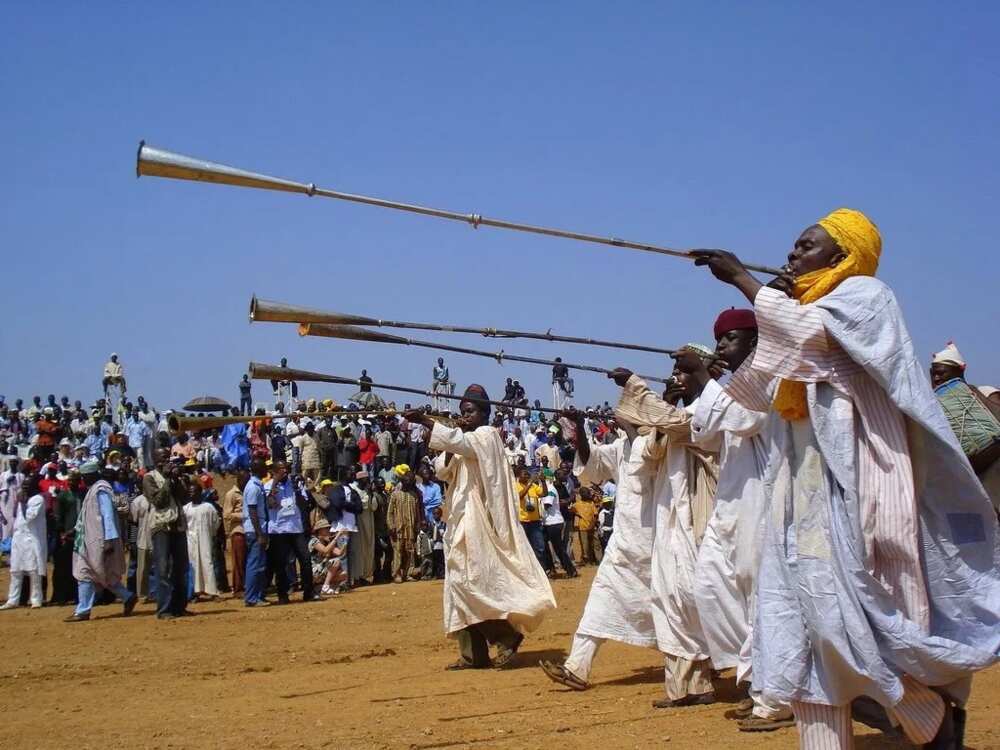
Nigerian people aren’t into indoor celebrations. The majority of Nigerians prefer to host festivals and celebrations in a wide open space. It doesn’t matter whether it’s a wedding or dance festival – the people know that you get the best out of a celebration when you have fun in the fresh air. And during the rainy season, these plans are often spoiled.
- Businesses flourish
It’s common knowledge that without making any sales, a company will soon fade away into obscurity. It’s also a marketing fact that during the dry season the figures of various goods and services sales skyrocket when compared to the rainy season.
- Clean Environments
The dry season is the best time for tourists to visit Nigeria. The landscapes aren’t affected by the bad weather, and the streets are devoid of the litter that is carried around by the floods.
- Dry clothes after laundry
Our country is one that is famous for its sunshine and clear blue skies. This is especially evident in the dry season. Just wash up your clothes, and they’ll dry in a couple of minutes. On the other hand, during the rainy season, you have to wait endlessly for your clothes to get dried.
- Food preservation
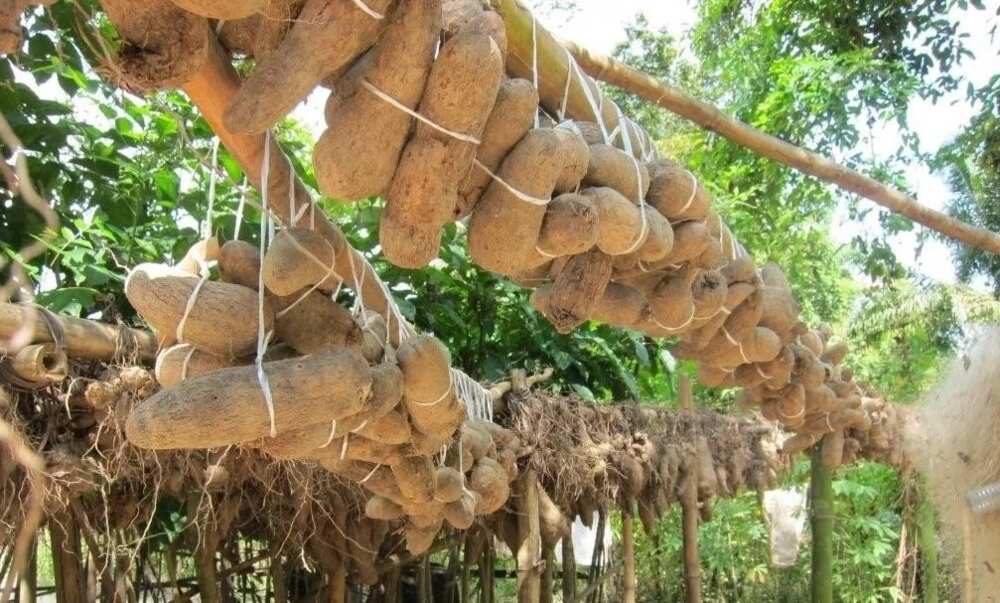
The majority of Nigerians, even more so in rural areas, prefer to store their food and other produce in the sun. In the dry season, food is preserved a lot better when out of the fridge, as the heat prevents spoilage.
- Easy building maintenance
No more sudden structure collapses from prolonged exposure to rain and floods. During the drought period, you can be sure that when you come back from a trip or a visit – your house will still be waiting for you.
- No erosion process
People of Southern Nigeria know how serious a problem erosion is. So many communities disappear, roads get destroyed, chaos everywhere. The dry season is a time to rebuild, a time for peace.
Dry season farming in Nigeria
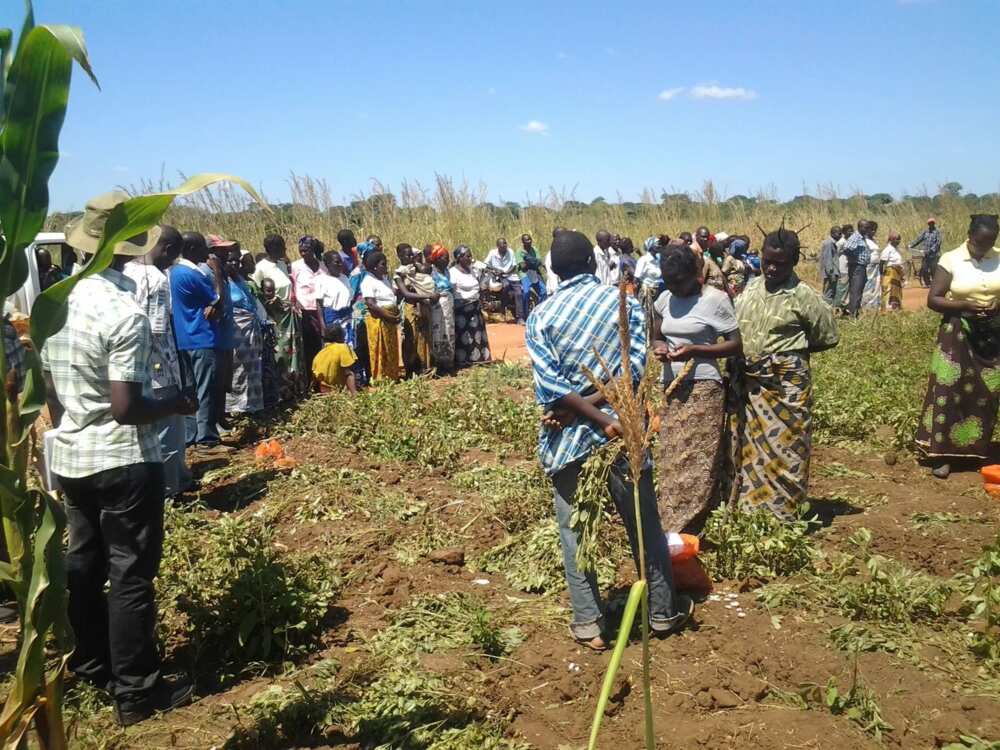
As we already noted, probably the biggest advantage of the dry season in Nigeria is farming. According to various statistics, this approach is even more productive than the alternative. Farmers that dedicate their efforts to this farming in the dry season have a larger harvest while putting less work into their crops.
Dry season farming usually includes planting vegetables and maize. It’s also worth mentioning that food collected during the season appears to be healthier and stays fresh for longer. The process of farming in the drought period is largely the same as in the rainy season, with one key difference – the farmer has to water the crops himself.
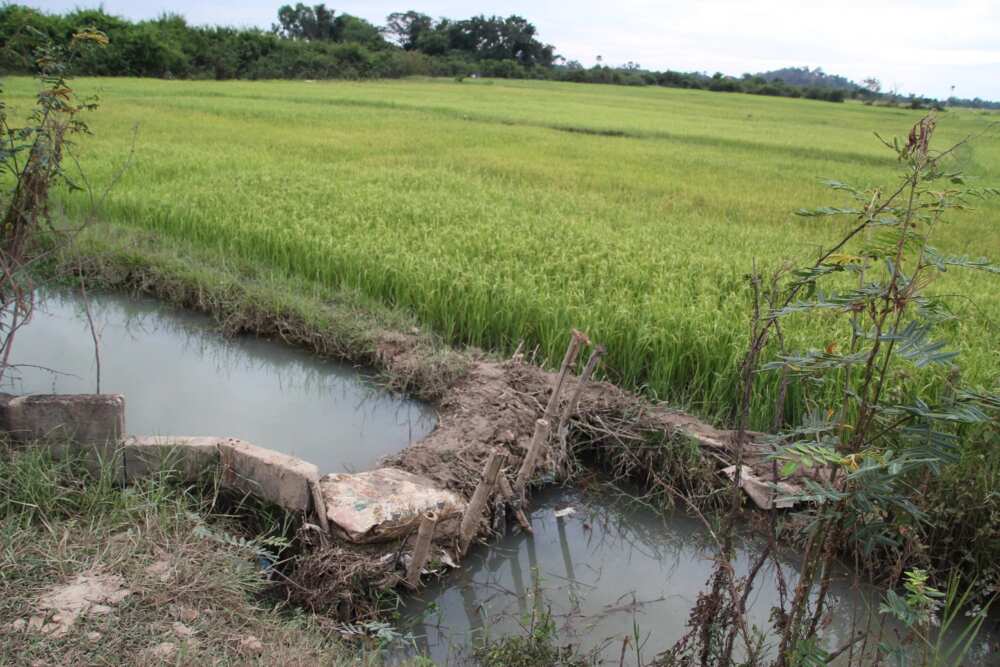
Tip: It’s recommended to plant your vegetables along the riverside, as this is a more profound and less expensive solution than to pump all of the water yourself. Another option is to plant the suitable crops into pots. This way you can also save a lot of water and time.
Now you know all of the benefits of the dry season in Nigeria. Is this season perfect? No, it’s not. But it does give us a lot of things to be thankful for. Be sure to share this information with your family and friends!
READ ALSO: Advantages and disadvantages of pastoral farming
Source: Legit.ng




